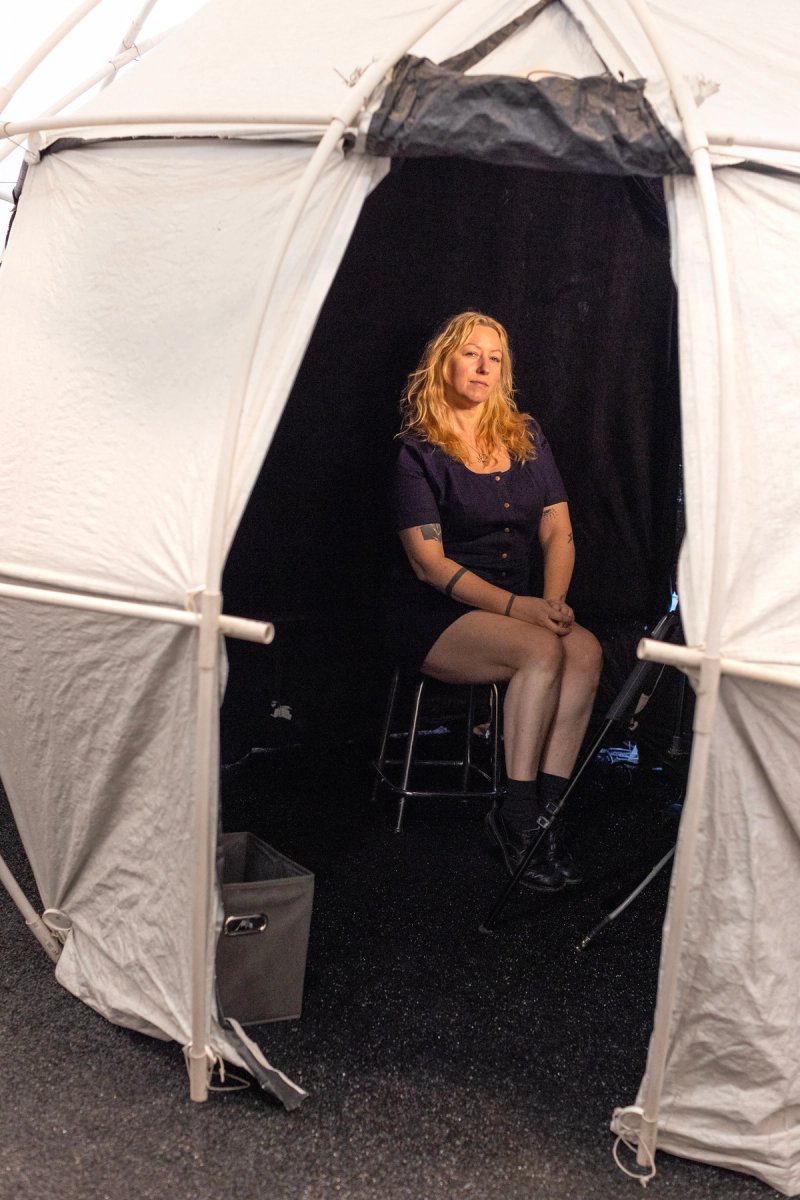Meet Christina Lonsdale of Radiant Human, our nightbor, friend, aura photographer and a radiant human if there ever was one!
Radiant Human
03.01.24
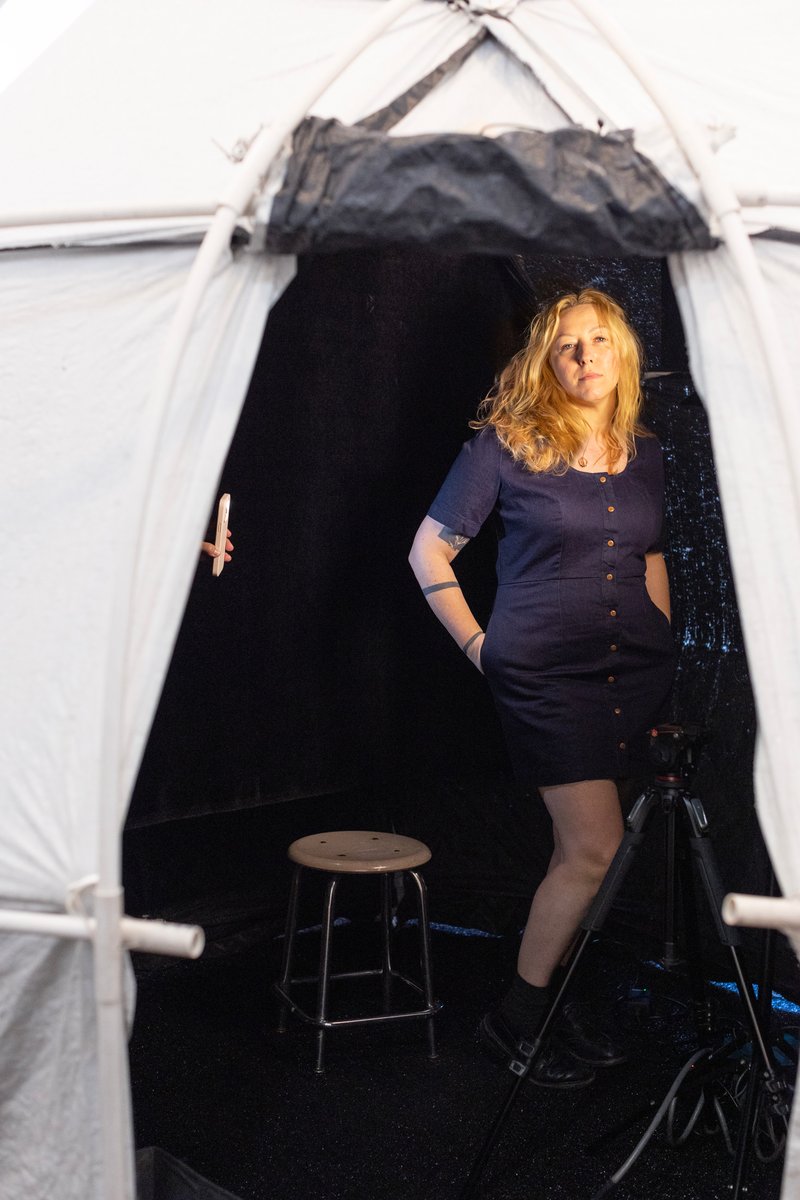
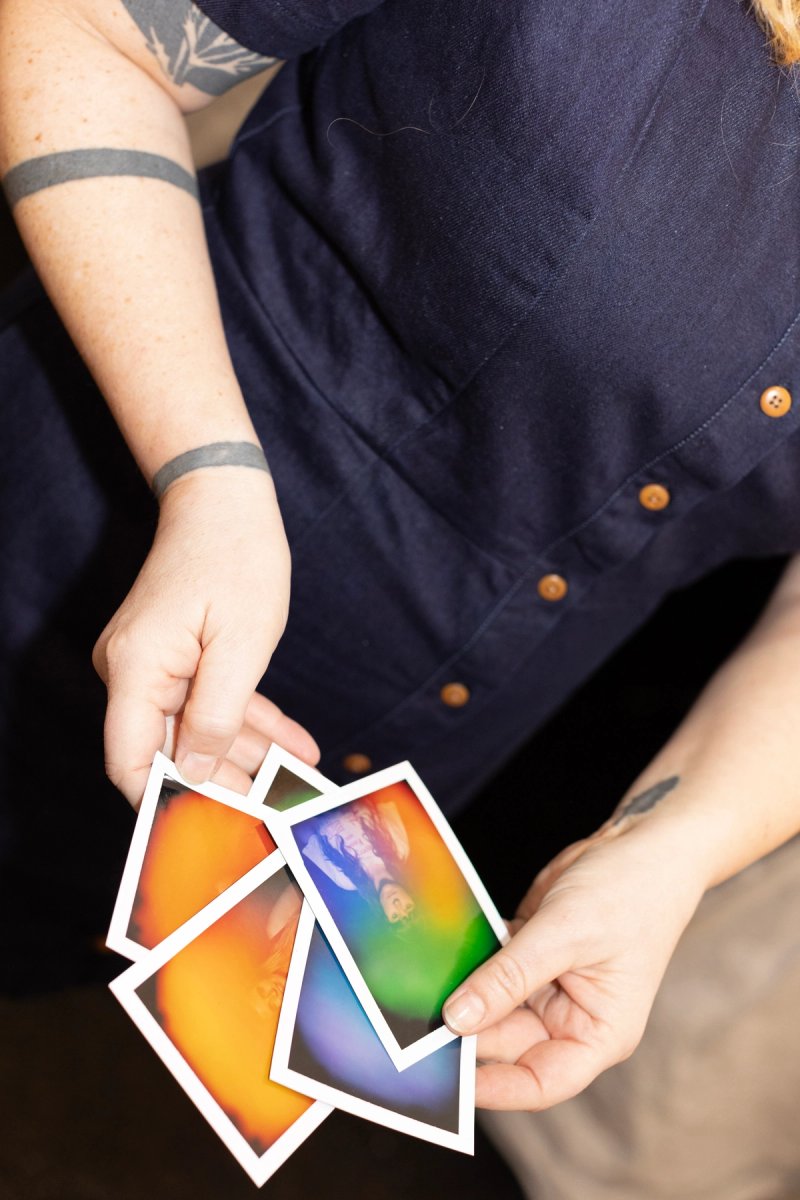
Tell us a little about how you found your way into aura photography?
My background has always been a balance between two worlds- the digital age and the new age. I was an 80s baby that was born into a commune that my dad started in the 60s, we lived in the desert because my parents were basically outsiders trying to build a new life where they could live life simply. There was a Guru there that I guess you would call a “spiritual father” to all of us. We had goats and chickens, my mom made fresh tortillas every morning, and life was grand. Then the commune had some drama and we moved to California. My mom worked for the first time, we got a TV, a computer, and then the internet happened, cell phones got big right when my dad was teaching me how to use the tarot. My life has always been walking between the new age and the digital age and aura photography was a beautiful extension of that.
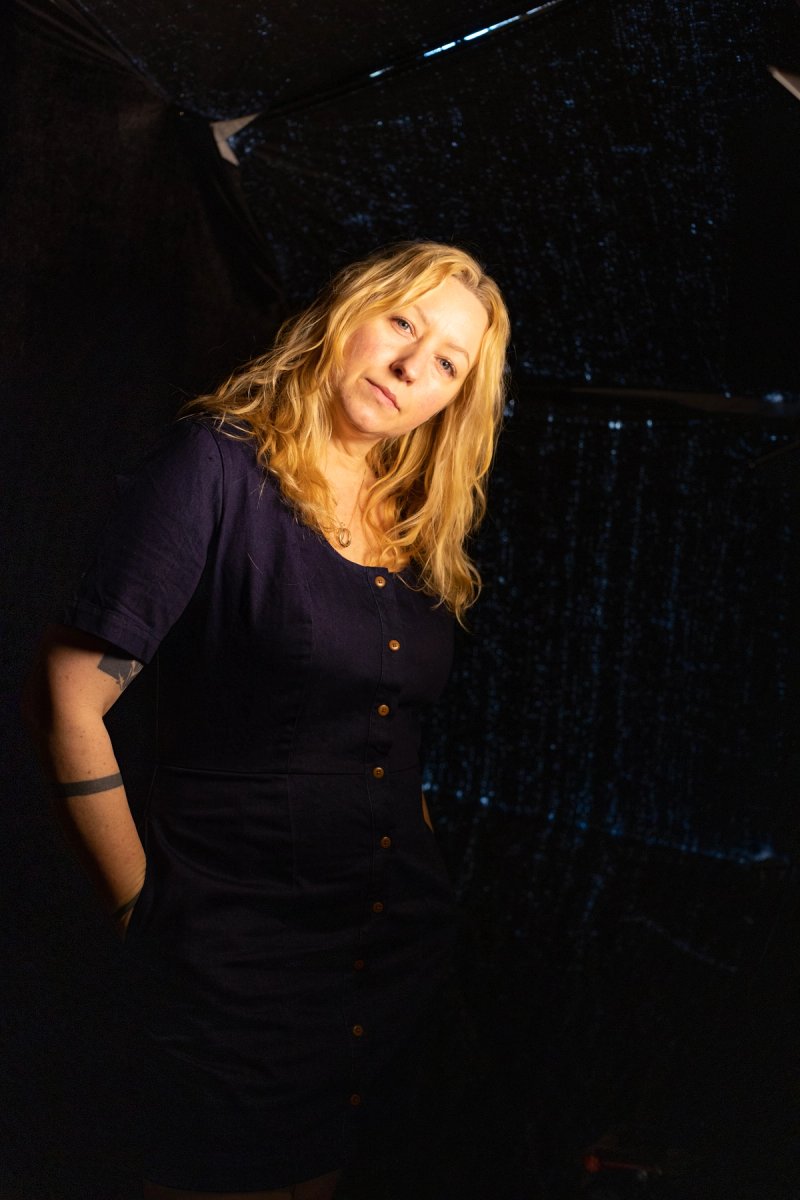
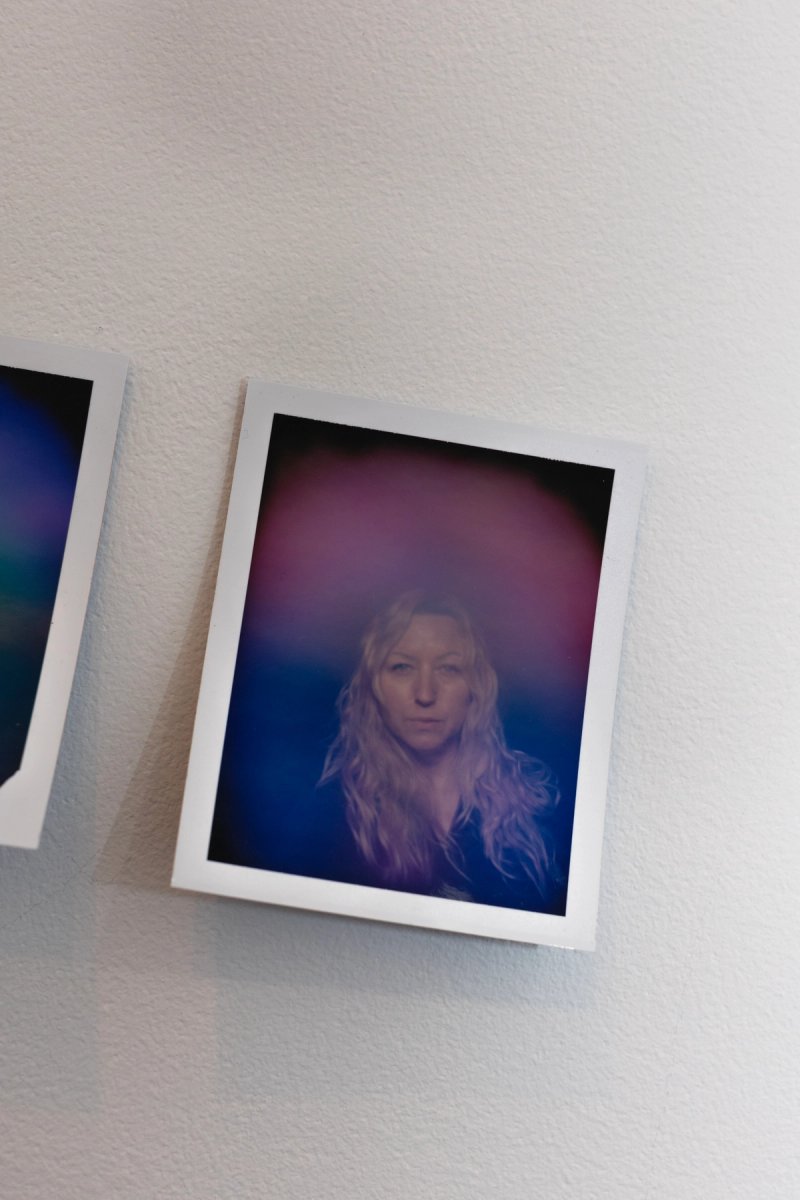
And tell us a bit about your camera!
The camera works on the principle that we all have electricity in our body and that electricity radiates past our skin’s surface. This camera uses hand sensors that pick up this electricity and through a proprietary algorithm, matches this electricity to a color, then that color comes out as a second exposure. It takes just about 60 seconds for the photo to develop on film and I think that is really one of the treasures about this process. This is on film! It’s one of a kind! This photograph is as unique and singular as you are. There’s something truly special that happens when you have something tangible that represents that.
Do you feel that the way you perceive people has changed since you began photographing auras?
The way you perceive people has a lot to do with identity. And it’s impossible to have a constructive dialog about modern identity without discussing technology and the use of social media and I believe its effects are endless and lasting in ways we are still in the beginning of understanding. There’s a lot to say here, so without discussing an entire thesis I want to focus exclusively on the relationship of this project, Instagram, this new self(ie) and the magic that happens when you talk to a stranger about how you are perceived.
This project is all about exploring the human atmosphere, it's about embracing the idea that we are more than just a physical body and that a huge component of our personal identity is placed on what we are projecting out to the world. This is already embraced by popular culture in common language like “good vibes” or “weird vibes”, but you rarely get to see your own documented, let alone have an opportunity to talk about it honestly and share it with your community. This is where it becomes self actualizing. This is a platform to discover how you identify with your own energy and how you can use technology to create a positive change in your own perception of yourself.
One of the most powerful things about community is that it can also reflect who you are and what you believe in. You don't need the political primaries to remind you that identifying with a community reflects your values and what you want to project out to the world. This is where social media comes in and I think can be a really powerful tool in introducing like minds that otherwise would not know about each other. Selfies are great at telling the world, “this is me in this moment”, and this project takes this statement one step further and says “this is me in this moment and this is how I am responding to it”. In terms of self actualisation this can be an extremely powerful expression, especially when you are able to share it with your community, and find others that are responding in similar ways.
In short, the lens I see through is wider now, I dont feel the need to compress the complexity of the human experience into one data point. My own identity has shifted too- as artist, and now wife and mother, the way I relate and identify is deeper and more layered. I think about community and our place or places in it. The power of vulnerability and courage it takes to put yourself- any self- out there.
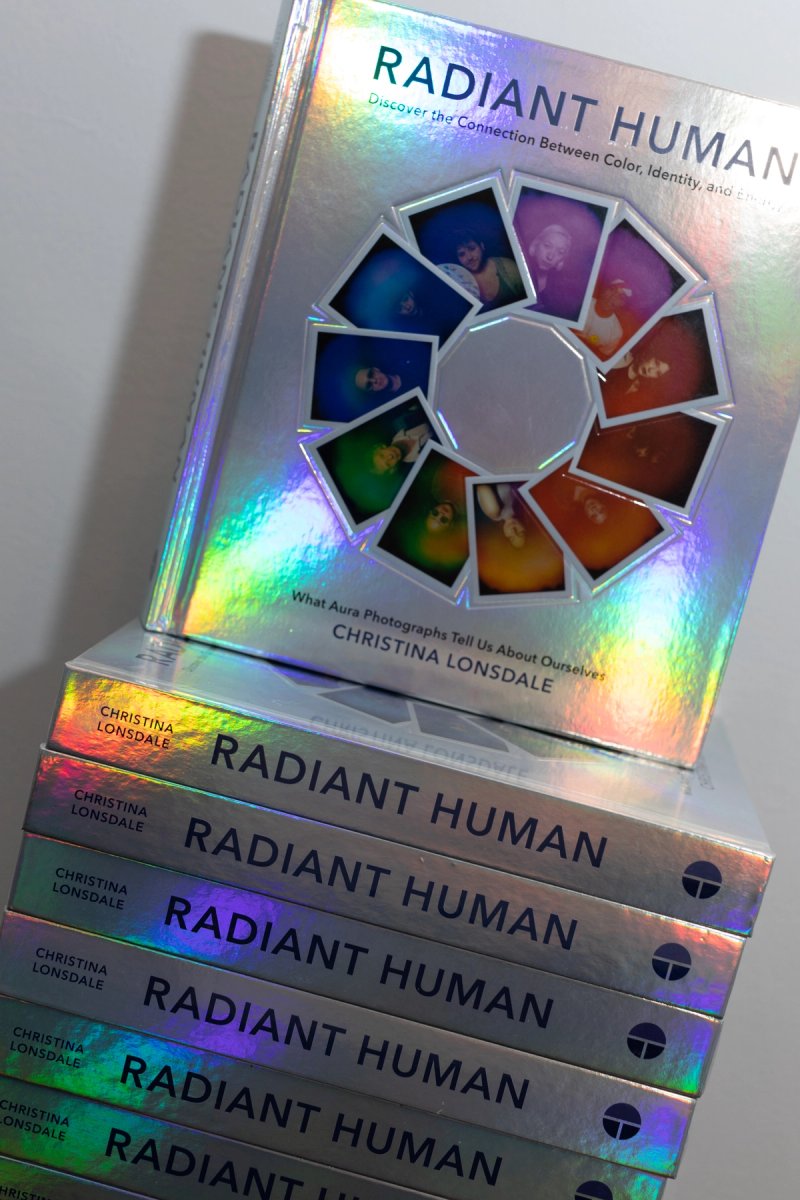
What is the craziest thing you’ve ever captured in a photograph?
I love interactive art. I love being engaged. I love what Duchamp was able to do with readymades; a thing is so clearly a thing until you apply an artistic view point. So you see- it’s all about perspective, which really means it doesn't matter what I think, its about you and the experience, its about the searching and who or what is at the other end of that echo. To me, thats the craziest thing.
